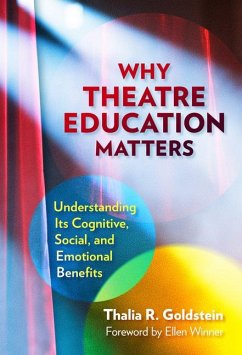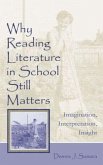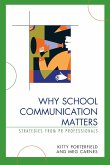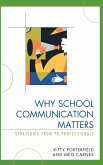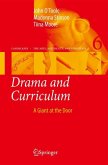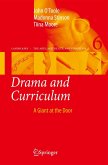"Discover the cognitive, social, emotional, and other psychological benefits of learning how to act and perform. This book looks behind the curtain of theatre education to see how thinking on stage happens in real secondary classrooms. Reporting on the first large scale systematic qualitative analyses of acting classes for adolescents, the author introduces the discovery of the eight Acting Habits of Mind-thinking strategies to solve problems and creatively complete tasks. Each Habit is tied to current scientific research findings for related psychological constructs, including creativity, self-esteem, empathy, emotion regulation, and well-being. Connections are then made to individual student needs, future research, and the complexity of theatre education. Based in the science of development and actual theatre education as it happens in a variety of school types, with a diversity of students, this book provides an answer to the question "What, psychologically, is an acting class?" Every educator, administrator, and arts lover can use this book to better understand and advocate for their art form and demonstrate why theatre should be included in schools. Theatre educators, advocates, and performers have long theorized about the cognitive, social, emotional, and other psychological benefits of learning how to act and perform. However, a thorough, scientifically-based analyses of acting classes and the benefits of theatre has been missing- until now. This book looks behind the curtain of theatre education to see how thinking on stage happens - in real classroom. Reporting on the first large scale systematic qualitative analyses of actual acting classes for adolescents, this book introduces the discovery of the 8 "Acting Habits of Mind" - thinking strategies to solve problems and creatively complete tasks- that are used, integrated and fostered in acting classes. Each Acting Habit of Mind is tied to the current scientific research and findings for related psychological constructs, including creativity, self-esteem, empathy, and emotion regulation and health. Then, connections are made to individual student needs, future research, and the complexity of theatre education. Based in the science of development and actual theatre education as it happens in a variety of school types, with a diversity of students, this book provides an answer to the question "What, psychologically, is an acting class?" and can help every educator, administrator, and theatre lover advocate for their art form"--
Hinweis: Dieser Artikel kann nur an eine deutsche Lieferadresse ausgeliefert werden.
Hinweis: Dieser Artikel kann nur an eine deutsche Lieferadresse ausgeliefert werden.

